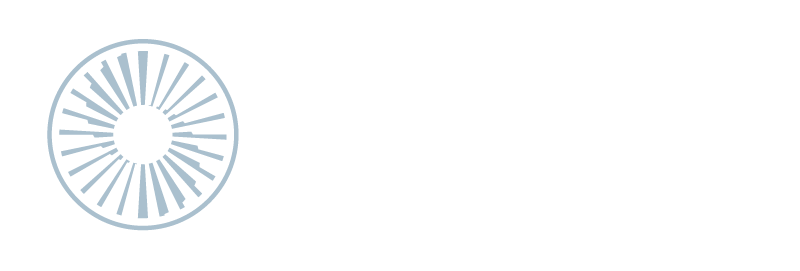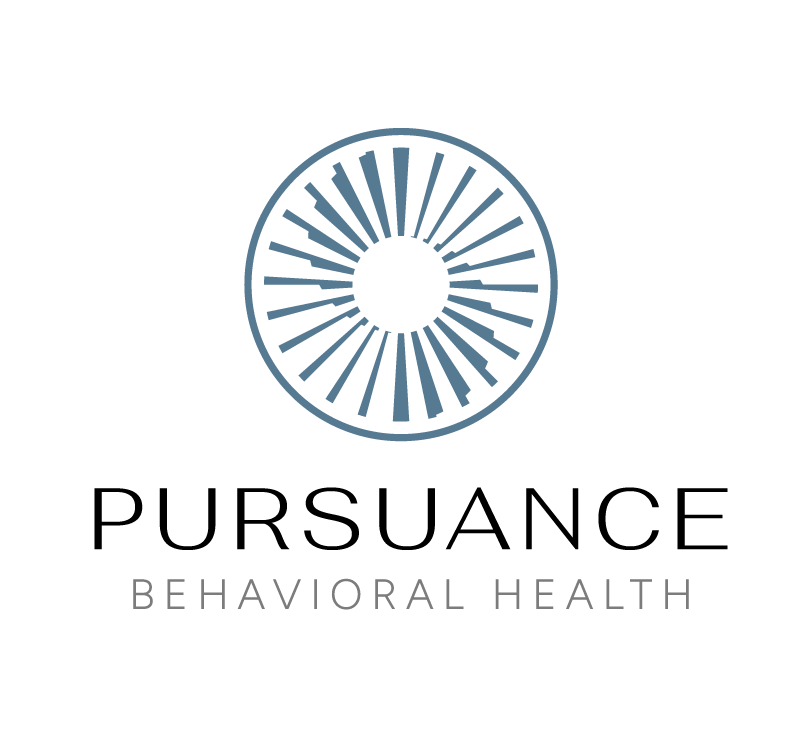Depression is a debilitating mental health condition that affects millions of people worldwide. It's more than just feeling sad or having a bad day—it's a persistent feeling of hopelessness, lack of interest in activities, and can severely impact your daily life. When depression becomes overwhelming, one question that might cross your mind is: "Should I …
Depression is a debilitating mental health condition that affects millions of people worldwide. It’s more than just feeling sad or having a bad day—it’s a persistent feeling of hopelessness, lack of interest in activities, and can severely impact your daily life. When depression becomes overwhelming, one question that might cross your mind is: “Should I go to rehab for depression?”
Rehabilitation centers, or rehabs, are often associated with treating substance abuse, but they also provide comprehensive care for mental health disorders, including depression. Here’s an in-depth look at when you should consider rehab for depression, what to expect, and how it can benefit you.
Understanding Depression
Before diving into whether rehab is the right solution for you, it’s crucial to understand what depression entails. Common symptoms include:
- Persistent sadness or anxiety
- Loss of interest in activities once enjoyed
- Changes in appetite and weight
- Insomnia or excessive sleeping
- Fatigue or lack of energy
- Difficulty concentrating or making decisions
- Feelings of worthlessness or excessive guilt
- Thoughts of death or suicide
If you’re experiencing these symptoms consistently over a period of two weeks or more, it might be time to consider professional help. Depression is not just a fleeting mood but a serious mental health condition that requires proper treatment.
When To Consider Rehab for Depression
Deciding to go to rehab for depression is a significant step, and it’s not always clear when it’s the right time. Here are some situations in which rehab might be beneficial:
Severe and Persistent Symptoms
If your depression symptoms are severe and don’t improve with outpatient treatment, rehab might be the next step. When depression starts interfering with your ability to function in your daily life, it’s essential to seek intensive help.
Co-Occurring Disorders
Many people with depression also struggle with other mental health issues, such as anxiety, substance abuse, or eating disorders. Rehab centers are equipped to handle co-occurring disorders, providing comprehensive care that addresses multiple aspects of your mental health.
Inability to Maintain Daily Responsibilities
If you find it challenging to go to work, school, or manage personal relationships due to your depression, rehab can offer a structured environment where you can focus solely on your recovery.
Frequent Relapses
If you’ve sought treatment for depression before but keep relapsing, a rehab setting can provide the continuous support you need to make lasting changes.
Risk of Self-Harm or Suicide
If you’re having thoughts of self-harm or suicide, immediate help is crucial. Rehab centers offer a safe environment where you can receive round-the-clock care and support.
What to Expect in Depression Rehab
Depression rehab is a structured, supportive environment designed to help you understand and address the underlying factors of your depression. When you first enter a program, you’ll undergo a comprehensive evaluation that includes medical and psychological assessments to determine the severity of your symptoms and any contributing factors. This initial phase helps to create a personalized treatment plan tailored to your unique needs, ensuring that the approach you take is both safe and effective.
Throughout your time in rehab, you can expect a multifaceted treatment approach that combines individual therapy, group sessions, and, when necessary, medication management. Evidence-based therapies such as Cognitive Behavioral Therapy (CBT), Dialectical Behavior Therapy (DBT), and mindfulness techniques are typically employed to help you learn new coping strategies and challenge negative thought patterns. Daily schedules often include structured activities, wellness sessions, and educational workshops that aim to foster a balanced routine and promote long-term recovery.
Beyond the immediate treatment components, depression rehab also focuses on building a strong support network and equipping you with skills for life after treatment. Peer support groups, relapse prevention planning, and aftercare services are integrated into the program to ensure that you have ongoing resources and community connections once you leave the facility. This holistic approach not only targets symptom reduction but also emphasizes resilience, self-care, and the gradual reintegration into everyday life with improved mental health and a renewed sense of hope.
The Benefits of Going to Rehab for Depression
Rehab for depression provides a structured, supportive environment where you can focus on recovery without the distractions and pressures of everyday life. In a rehab setting, you begin with a comprehensive evaluation that helps tailor a personalized treatment plan to address not only the symptoms of depression but also its underlying causes. This intensive approach offers a safe space to learn new coping strategies, understand your triggers, and work through emotional pain under the careful guidance of mental health professionals .
One of the primary benefits of going to rehab is access to evidence-based therapies that have been shown to significantly reduce symptoms of depression. Treatments like Cognitive Behavioral Therapy (CBT), Dialectical Behavior Therapy (DBT), and mindfulness practices are integrated into the program, providing you with practical tools to challenge negative thought patterns and develop healthier habits. Additionally, medication management is available when necessary, ensuring that all aspects of your mental health are addressed in a comprehensive and holistic manner.
Another key advantage is the opportunity to build a strong support network. In rehab, you’ll have the chance to participate in group therapy sessions and peer support meetings, where sharing experiences and receiving encouragement from others can help reduce feelings of isolation. This sense of community is vital for fostering accountability and long-term resilience, as connecting with others who understand your journey can boost self-esteem and reinforce your commitment to recovery.
Finally, rehab programs emphasize long-term recovery by offering robust aftercare planning and ongoing support. This means that even after you leave the facility, you have access to resources such as follow-up therapy, support groups, and relapse prevention strategies. By equipping you with the skills and support needed for sustained mental wellness, rehab serves as a transformative stepping stone toward a healthier, more fulfilling future.
Making the Decision To Go To Depression Rehab
Deciding to go to rehab for depression is a personal choice that requires careful consideration. It’s essential to weigh the severity of your symptoms, the impact on your daily life, and the benefits of intensive treatment. Consulting with a mental health professional can also provide valuable guidance and help you make an informed decision.
Find The Best Depression Rehab Near You Today
At Pursuance Behavioral, we understand the challenges of living with depression and the courage it takes to seek help. Our mental health treatment program in Massachusetts is designed to provide comprehensive, personalized care to help you reclaim your life. If you’re struggling with depression and considering rehab, we are here to support you every step of the way.
Take the first step towards healing and recovery by contacting Pursuance Behavioral today. Let us guide you on your journey to mental wellness with our compassionate and expert care. Reach out to us now to learn more about how we can help you overcome depression and achieve lasting well-being.













